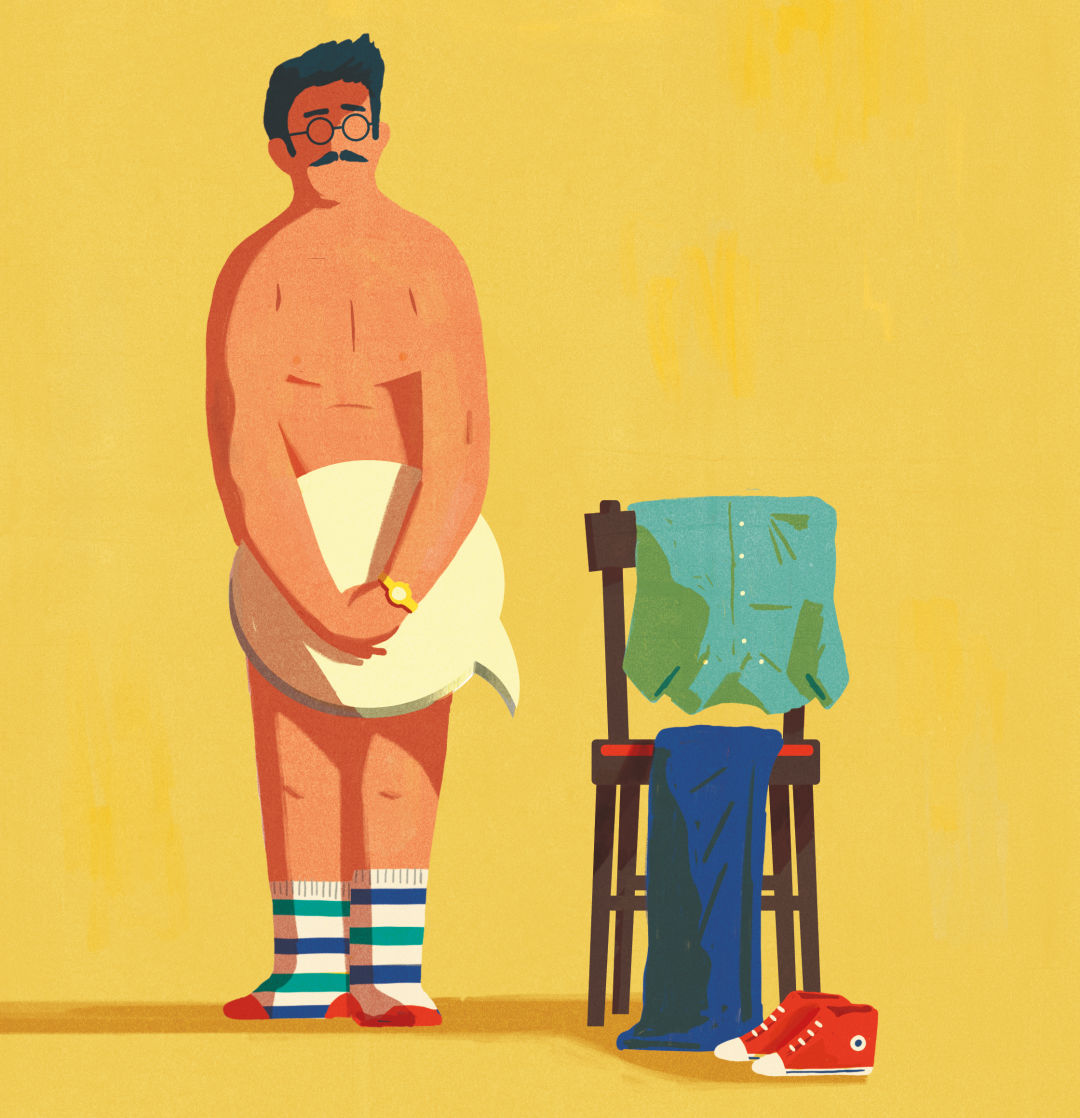Back Fence PDX Turns 10 with a Farewell to Its Signature Show

Image: Fabio Consoli
I’m onstage before 300 strangers waiting for me to tell them a deeply personal story about myself.
That, I think, is the point at which B. Frayn Masters of Back Fence PDX would tell me to begin this piece. Masters has coached storytellers—many never on a stage before—since she launched Back Fence PDX, the show at the vanguard of live storytelling in this town, 10 years ago.
It began, says Masters, after she saw a storytelling show in San Francisco and fell in love with the form’s intimacy. With encouragement from that show’s founder and from The Moth podcast host Dan Kennedy, she decided to do something similar here. “Dan said, ‘You should do it, and do it your own way,’” recalls Masters. She hit on a format—five people, telling stories for a maximum of 15 minutes each—and debuted in June 2008. The only rule? The stories had to be true, and told without notes.
“It was a really sweet show,” says Masters of the first show at NE Alberta’s now-closed Tour de Crêpes. “The place held about 50 or 60 people, and sold out.” It was the first of many. Back Fence—named for the spot in the yard where neighbors swap stories—moved over the years to accommodate larger and larger audiences—to the Mission Theater, and now the Alberta Rose.
Since its inception, the show has introduced Portland audiences to stories from locals and visitors—stories about a Wheel of Fortune obsession, a really bad first kiss, a Trump rally, a threesome, a nigh-on miraculous conception, a first confession in a Catholic church, and so much more. There have been stories from a blood-spatter expert, a former Scientologist, an accountant, my next-door neighbor, a restaurateur with a gambling addiction, a onetime candidate for Portland mayor, countless actors, writers, comics, and one Portland Monthly senior editor. (Seven years ago, I recounted a lost-in-translation moment in Japan, with coaching by Masters, with whom I’ve remained in touch. I’ve attended lots of Back Fence shows since.)
Sarah Swenson Smith took to the stage in 2016 to tell the story of her own memory loss after an infection reached her brain and wiped five years from her life. She had never told a story onstage before, but thought it “might be therapeutic.” She says coaching—Masters and coproducer Mindy Nettifee usually meet with storytellers several times to help shape and practice their stories—helped her come to terms with what happened, and get in touch with the story’s emotional core.
Masters says everyone needs coaching, even those who’ve performed stories before. She and Nettifee trim unnecessary exposition and find compelling moments in first drafts.
What makes a good live story? “A little bit of an introduction—‘the world as it is now,’ we call it,” says Masters. “Then you hit a catalyst. ‘One day XX happens.’ You raise the stakes until the turning point. And then the ending is the fallout from that. That’s the arc you’re looking for.”
Ten years and hundreds of stories later, she sees success in the performers who lay bare the most. “As soon as the story deviates from being about [the storyteller], the audience leans back,” she says. “It’s about being vulnerable onstage, and there has to be this magnet coil at the center of it that keeps the tension going.”
That sometimes means exposing the worst. “Nobody wants to hear the story about the really in-shape skier who wants to win the race and gets in better shape and wins the race,” she says. “Who wants to hear that? You need to fall or break a leg!”
For the storyteller, that can be a nerve-wracking but also cathartic experience. “Any storytelling series will say that telling a story onstage is sometimes like flash therapy,” says Masters. “It brings a bunch of things to light.”
Swenson Smith concurs. “It really was incredible,” she says, “and it was really a turning point in healing.”
Back Fence has been such a success with audiences, too, it got its own spin-off: Back Fence Russian Roulette, where storytellers spin a wheel that lands on a prompt, after which they have five minutes to tell a story. The audience votes on the night’s winner.
Now, after 10 years of what has become known as the Main Stage show, Masters is ready to retire it, at least in its current iteration. These days, it’s hard to swing a mic without hitting a storytelling event in this town: Fashion brand Wildfang has its monthly Free Speech; Queer Adventure Storytelling offers a platform for queer, trans, and gender-nonconforming speakers; Invisible Spectrum is a monthly event featuring storytellers of color—you get the idea.
For Masters, it’s time to do something new.
“I don’t want it to be the 30th season of a show that should have ended 20 seasons ago,” she says. “I’m excited to see what happens with all these other sterling series, and about what else I can bring to the community.” As for Back Fence PDX Main Stage? That’s the end of the story.
Back Fence PDX Main Stage: 10th Anniversary Show
7:30 p.m. Mon, Oct 8, Portland Center Stage at the Armory, $16–30




